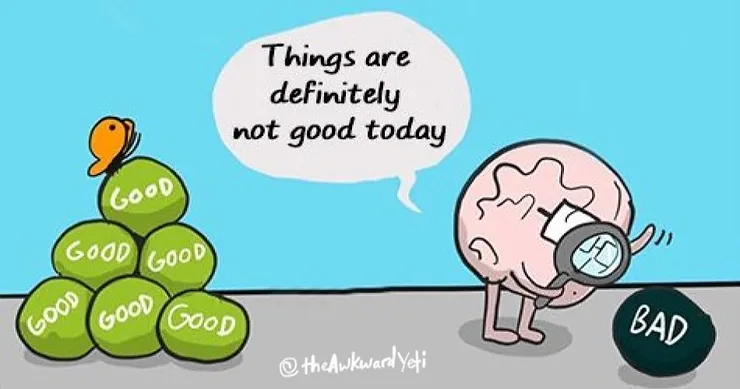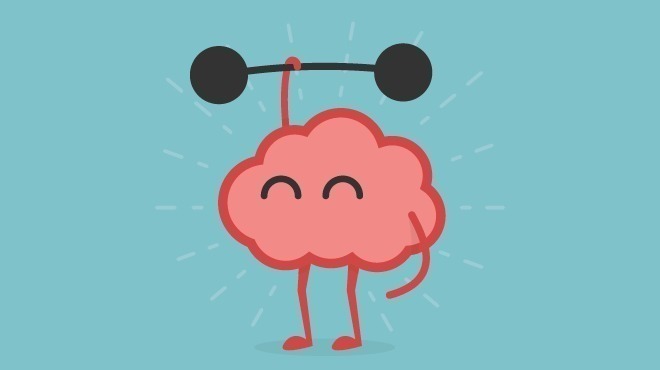Posts Tagged ‘Gratitude’
On the importance of managing negativity bias to protect cognitive control and prevent depression relapse
Many people around the world suffer from depression. Though depression can be extremely debilitating, evidence-based treatments (like cognitive-behavioral therapy) provide hope, because they can be very effective in treating the negative thinking that accompanies depression.
Read MoreThe 7 Habits of Highly Stress-Resilient Minds
Are you suffering from chronic stress? Many of us are—whether we’re stressed out by our jobs, complicated relationships, caregiving responsibilities, or the general state of the world. That’s where Elissa Epel’s new book, The Stress Prescription, comes in. A health psychologist and director of the Aging, Metabolism, and Emotions Center at the University of California, San…
Read MoreOn cognitive-physical training, brain biomarkers, dementia, ketamine, brain teasers, riddles and more
Welcome to the last 2022 edition of SharpBrains e‑newsletter, featuring a few selected brain health news and fun teasers to challenge your brain and help us all think outside the box. #1. “Everyone agrees that Google Glass failed when it came to market, but to me, it’s a symbol of hope … It inspired people to…
Read MoreThanksgiving works: Gratitude journaling seen to lower stress and negative cognitive processes
During the early days of the COVID-19 pandemic, many people suffered extreme stress. People couldn’t work and faced financial anxiety, they felt lonely and isolated, they worried about catching a deadly disease or giving it to someone they loved, and their mental health suffered. For researcher Erin Fekete, of the University of Indianapolis, the unfolding…
Read MoreOn cognitive training, muscle mass, neurostimulation, brain teasers, apps, and more
Welcome to a new edition of SharpBrains’ e‑newsletter, featuring timely brain & innovation news and a few fun teasers to test your working memory. #1. Study: Building muscle mass helps delay cognitive decline beyond the value of exercise itself “Teasing out exactly how muscle helps the brain remains a challenge. There are plenty of indirect…
Read MoreStudy: Practicing gratitude helps lower physiological stress levels of the “expresser” AND the “receiver”
Expressing gratitude nurtures our relationships, helping us to feel closer to our friends and romantic partners. Some research suggests that grateful people seem to cope better with stress and enjoy superior physical health, perhaps because of those stronger social relationships. What about experiencing gratitude with people we don’t know so well—like those we work with?…
Read More





